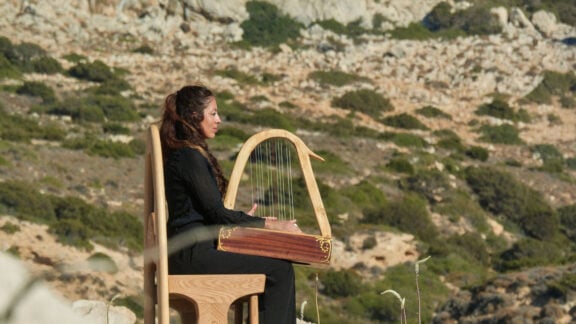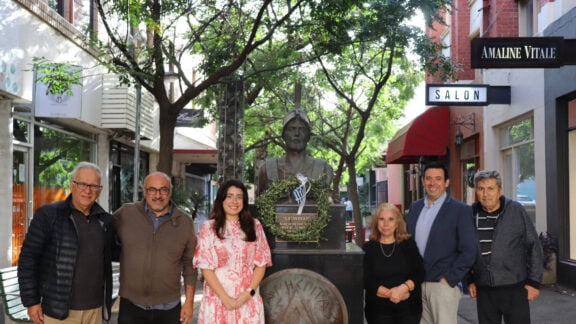A close friend and colleague best described as a ‘religious progressive conservative’ has an interesting theory: that conservative governments are best placed to bring in controversial progressive reforms, and progressive ones can drive regulations that appeal to conservatives.
His argument, which I find appealing, is that reforms that because any proposed change that does not sit comfortably ideologically, the government requires introspection and a more inclusive approach engaging both their base and those that oppose them.
It was for this reason that the Hawke/Keating governments could achieve neoliberal economic reform in a way that Reagan in the US and Thatcher in the UK could not: they made it inclusive, forced compromise across the political spectrum and found ways to share the benefits.
Likewise, John Howard’s historic stance on gun reform was done in such a way that brought many conservative constituents along to support a space traditionally dominated by progressives.
These governments understood that such radical change takes work and requires broad consultation rather than delivering a promised ideological reform that delivers something that keeps your traditional base satisfied.
In this way, when you think you can deliver something easily that all your supporters want, you make assumptions that come back to haunt you.
The reform graveyard is evident of this: Howard’s Work Choices, Kevin Rudd’s Super Mining Profits Tax, Tony Abbot’s proposed 18C Amendment, and now we can add Scott Morrison’s Religious Discrimination Bill.
No matter how you frame it, this has been a disastrous week for the Government driven by a series of poor choices and assumptions that failed to account just how uncomfortable most Australians are when our values are potentially being reshaped.
Where did this all come from?
Most of us cannot even remember why this Bill emerged. We can trace it back to the outcry and debates of the Israel Folau statements when he told his congregation that God would condemn anyone who did not follow the Bible when it came to sexual relationships.
He was sacked by Rugby Australia, a court case followed and eventually an out of court settlement ended the sage. Rugby Australia handled the case so badly that it lost them support from all corners including many Pacific Islander players with religious convictions.
Many religious groups felt that Folau was persecuted for merely quoting a religious text that they argue is the foundation of Western, (or Christian) Civilisation. In pre–Christian Greece homosexuality, and pansexuality were rather mainstream.
Other conservative commentators felt Rugby Australia was being controlled by their main sponsor, Qantas, and their CEO, Alan Joyce, into becoming a ‘woke’ social justice organisation.
Most Australians found the whole thing confounding: sure, Folau said some idiotic things we disagree with but was this reaction not over the top?
This all happened shortly after the poorly handled ‘same sex marriage postal vote’ which was also confusing much of the public.
Malcolm Turnbull, the then Prime Minister, was frantically attempting to hold onto his job by finding a way to deliver a reform supported by his constituency without upsetting the conservative elements of his party room. In the end, while reform was delivered, it was not because of introspection and consultation, but because most of the Australian public could not understand why the whole thing had taken so long.
Cultural wars
Both these issues were so badly handled, it brought out the worst elements of both sides of the debate.
In the Marriage Equality debate, the ‘No’ side made claims that emotionally damaged many Australians and their families. For the ‘Yes’ side, anyone who supported the ‘No’ vote or raised concerns, was as condemned as ‘homophobic.’ Sure, some of them no doubt harboured malicious intent, but many where expressing their religious or personal views and felt they were shouted down.
One example brought to my attention while researching the matter was how a ‘Mother’s Facebook Group’ that share tips on raising kids in a trendy part of Sydney, condemned, and eventually removed members from the group for raising some questions – not even declaring a position, but simply interrogating the issues.
While some more thoughtful commentators and religious leaders raised concerns that both the Folau case and the Marriage Equality debates risked marginalising many conservative voices, others started yelling ‘cancel culture’ and yet another line in the culture wars was born.
On religious freedom and free speech
While I am neither religious nor support any legislation that discriminates in any way, we need to take concerns raised by religious and conservative leaders including freedom of speech seriously. I am not saying the proposed Bill was the answer, far from it, but religious groups are a valuable part of our community and need to be valued.
To deliver something valuable, what was required was a broader consultation regarding religious freedom, including input from GLBTQI+ religious communities.
NSW Premier Dominic Perrottet – a dedicated Catholic – had some prophetic words for the federal government: “I’ve made it very clear that I don’t believe legislation in this space is necessary and I think it can end up creating more problems than it solves.”
If Perrottet is not convinced that this Bill is needed, then the government not only failed in their messaging, but failed in understanding exactly what is needed. This was a chance to ensure a more inclusive Australia including responding to the concerns of religious communities from minority populations.
It was all was badly managed, and worse, it relied on assumptions that the community which government says it represents, are homogenised and willing to discriminate against the most vulnerable.
Clearly, they are not.
*Professor James Arvanitakis is the Executive Director of the Australian American Fulbright Commission, an Adjunct Professor at Western Sydney University, and regular commentator for the ABC and other media








